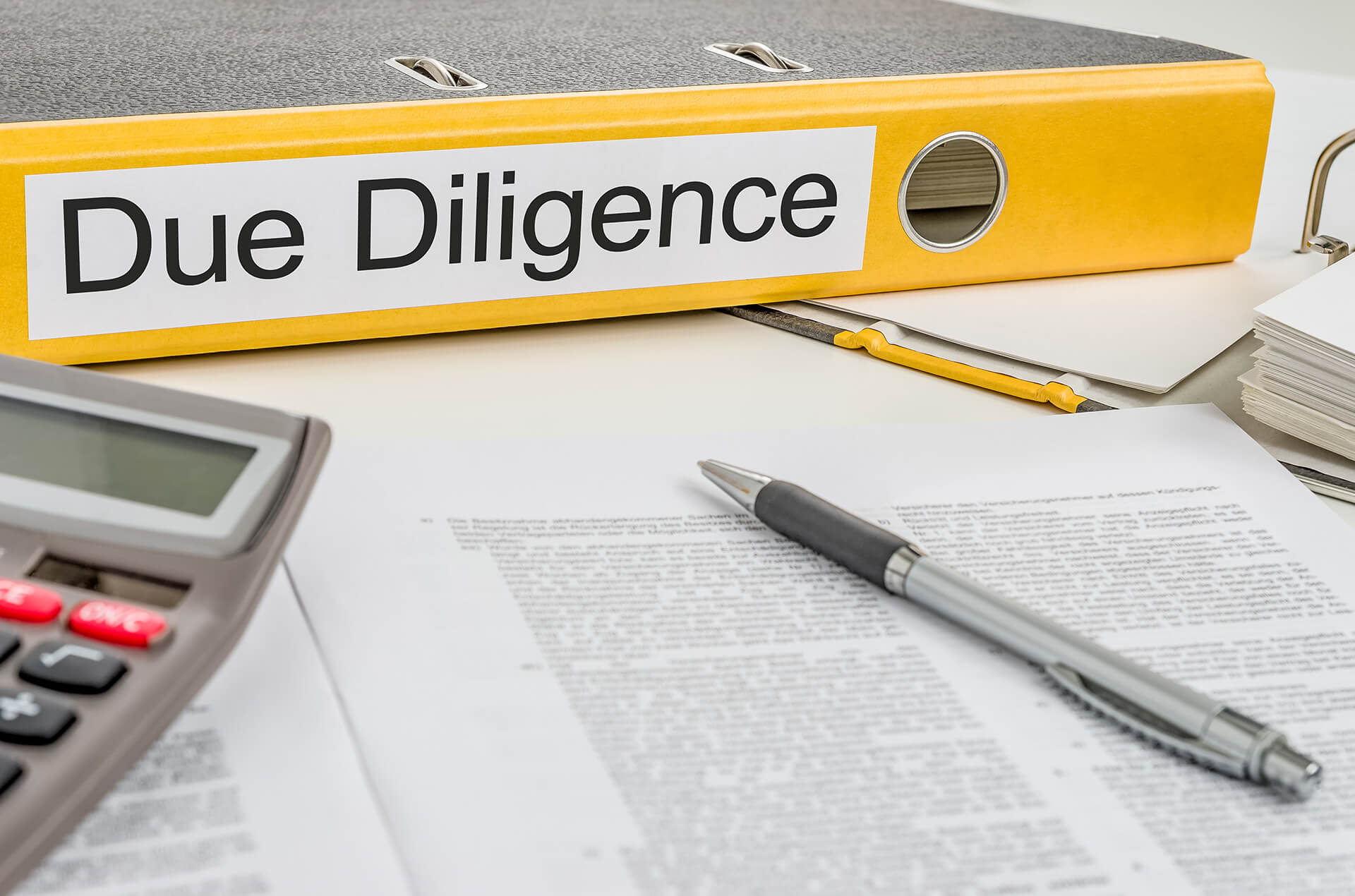How Important is Contract Review in Thailand
How Important is Contract Review in Thailand
A good contract can ensure that your sale transaction goes through smoothly, but it’s not without its share of legal complications. While market forces, unequal bargaining positions, and fraud often get in the way of a fair agreement, there are some steps you can take to protect yourself from these risks. One of those steps is to get a lawyer to review your property purchase contract before you sign it.
This can help you avoid costly legal battles and keep your finances and peace of mind intact. This is especially true for foreign buyers, who don’t have the same familiarity with Thai laws as locals do. A lawyer will be able to review your contract and make sure that it adheres to all of the legal requirements in Thailand.
The benefits of a lawyer’s review include:
1. A contract review will ensure that your rights are protected.
This is important because Thai property laws are strict and can result in unfavorable legal consequences if you don’t follow them. A lawyer will check that your contract complies with these requirements and can also recommend any changes that need to be made.
2. A lawyer’s review will allow you to understand the fine print of the contract and identify any issues that may lead to litigation.
A lawyer will read the contract line-by-line and will highlight areas that aren’t clear. He or she will then be able to revise the document accordingly, improving your chances of a successful purchase.
3. A lawyer’s review will save you time and money
When it comes to buying property in Thailand, it is vital to have a lawyer review your contract. This will ensure that you are getting a fair deal and that you don’t end up with anything less than you deserve.
4. A lawyer’s review will help you get the best deal
A reputable lawyer will be able to ensure that you get a good deal when it comes to purchasing property in Thailand. He or she will be able to identify any issues with your contract and can recommend changes that will help you get a better price for the property.
5. A lawyer’s review will help you stay in Thailand safely and securely
It’s vital to have a lawyer review your sale and purchase contract if you’re planning on staying in Thailand for a long period of time. This will ensure that you don’t lose your property or have to leave the country in an unsafe manner.
6. A lawyer’s review will prevent you from losing your investment
The language of the Thai Civil and Commercial Code is complex and there are time limits for breaching contracts ranging from 30 days to 30 years. A lawyer can ensure that your contract is clear and enforceable in Thai courts so that you don’t have to worry about losing your investment or being in danger of being caught in a fraudulent sales transaction.






